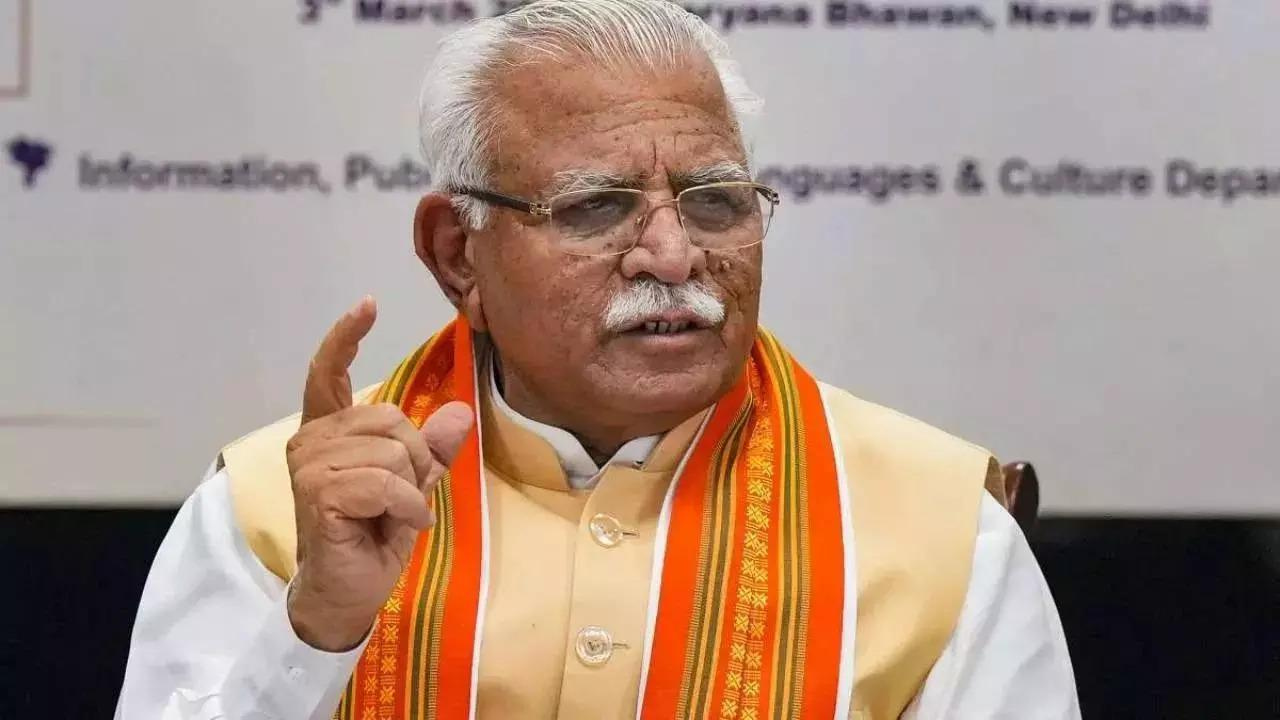This is being done so that cities which have not been scoring well can aspire to emerge as top rankers by taking more measures to improve cleanliness and sanitation, sources said. Khattar and his Cabinet colleague C R Patil also announced the govt’s mega plan to transform two lakh “difficult and dirty” spots in a time-bound manner, which has been termed as Cleanliness Target Units (CTUs), during the fortnight-long activities to mark the 10th anniversary of Swachh Bharat Mission.
Responding to a question on why only cities like Indore continue to be the cleanest city every year and what steps are being taken to encourage others, Khattar said, “It is true that sometimes a student who gets first place in first standard continues to get the first rank every year. Sometimes, we hear that ‘if only one will get first place every time, then why should others put any effort’. When we see the competition between cities, we see Indore gets first place repeatedly. So, we have come up with a new category for cities that get first place, called the Golden Cities Club.”
Sources said the top rank holders for consecutive three years may be put in this category and they will work out a matrix based on the past three years’ trend. They added that there will be a separate category for ranking of these cities and the benchmark parameters will be very high.
Khattar said once any city in the Golden Cities Club performs poorly, it will be taken out from the list and it will end up competing with the large number of cities in the Swachh Survekshan (sanitation survey). Sharing the details of the two-week campaign on the Swachhta mission starting from September 17, Khattar and Patil said this year’s theme is “Swabhav Swachhata Sanskaar Swachhata (4S)”.






